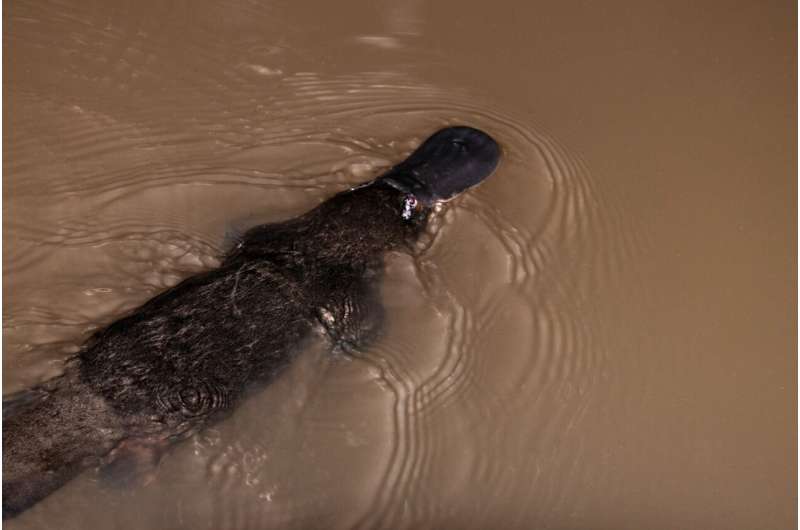
PFAS is a group of human-made chemicals used to resist heat, water, grease and stains, which are known as ‘forever chemicals’ as they don’t break down.
Lead researcher and Ph.D. candidate from Western Sydney University’s School of Science, Katherine Warwick said she was shocked at the levels of PFOS, which is a type of PFAS (per-and poly-fluoroalkyl substances), which were detected.
“We had eight platypuses from the wild and the ninth, which had spent the majority of its life in captivity,” said Ms. Warwick said.
“The eight from the wild had concentrations of PFOS which ranged from 4 micrograms per kilogram to 1,200 micrograms per kilogram, which really showed us that PFOS in aquatic environments is far more widespread than initially believed.”